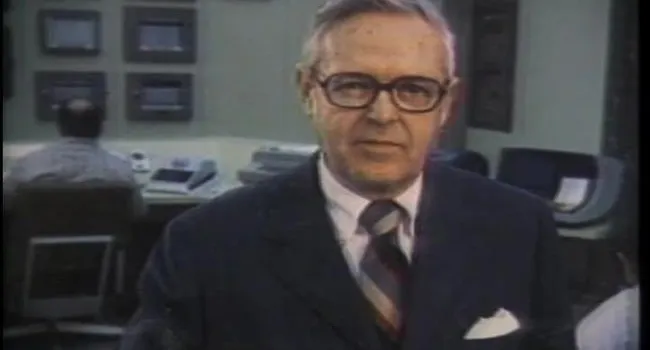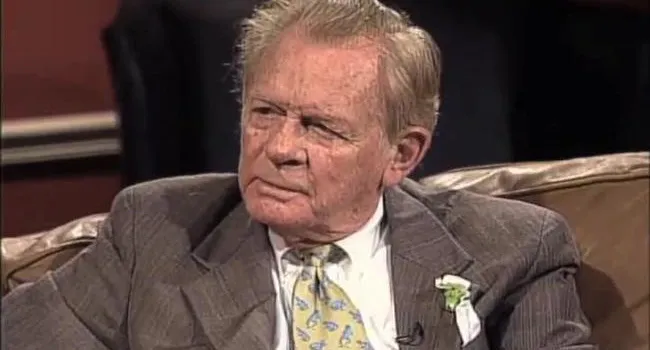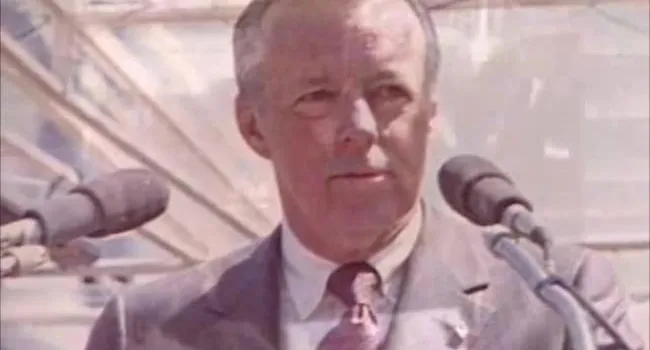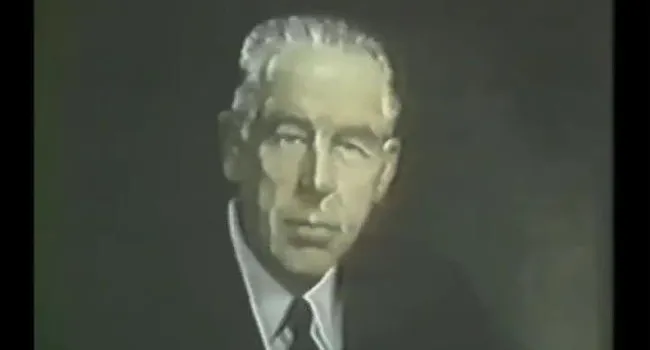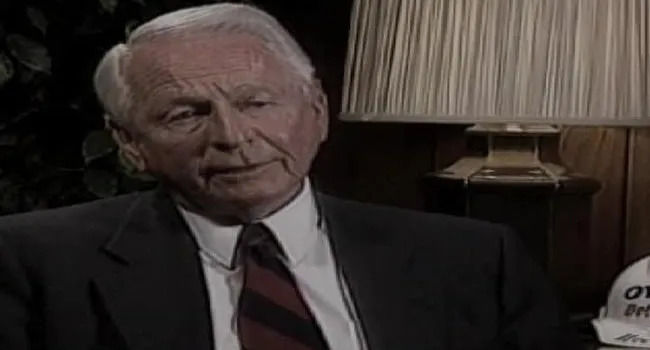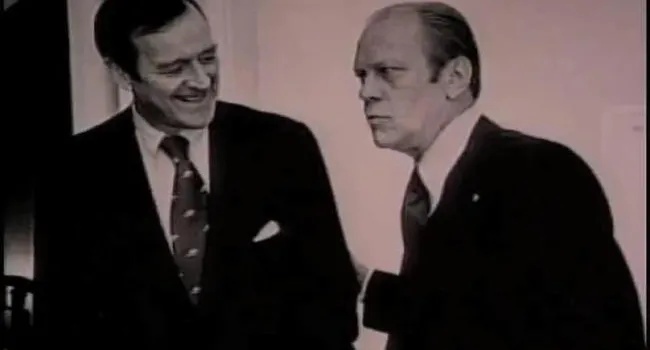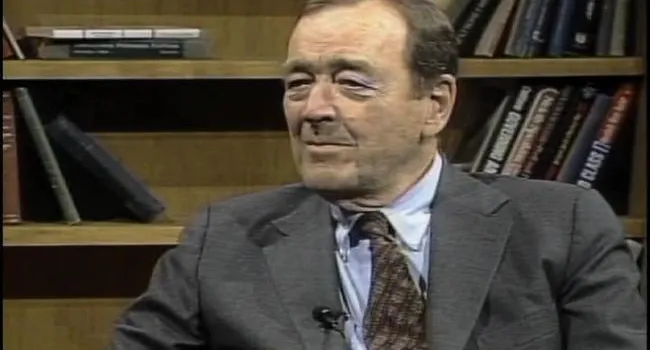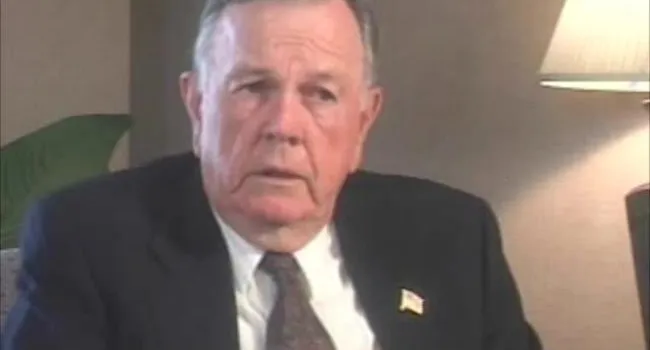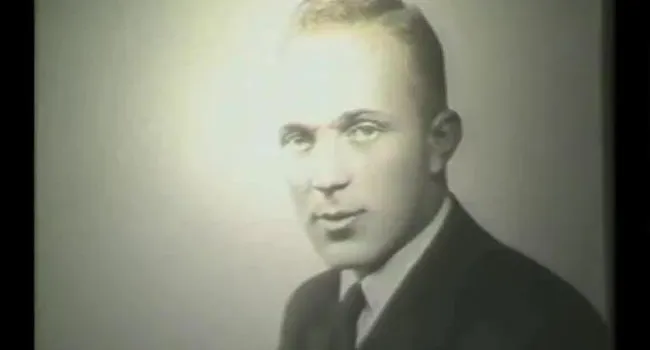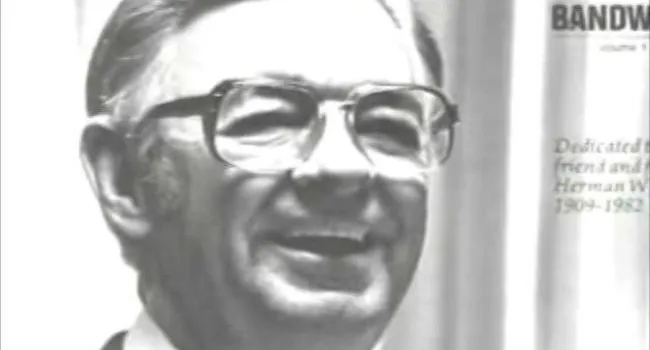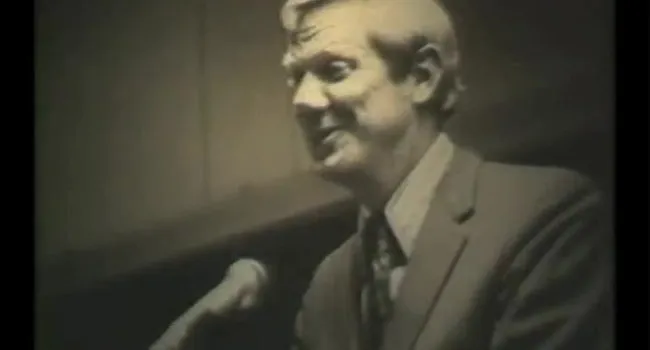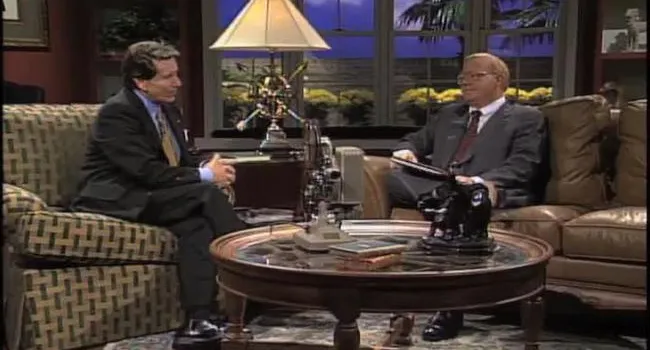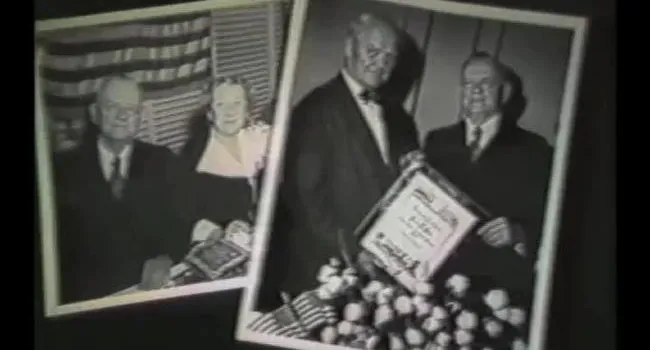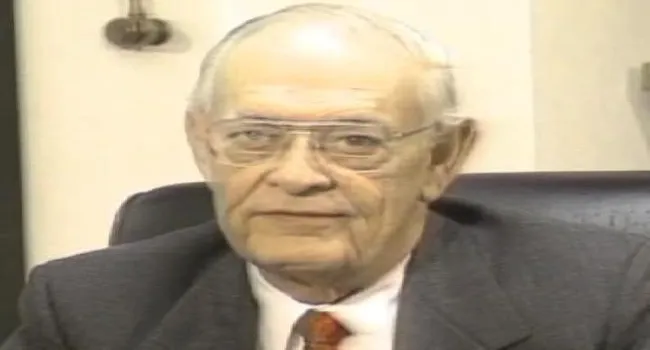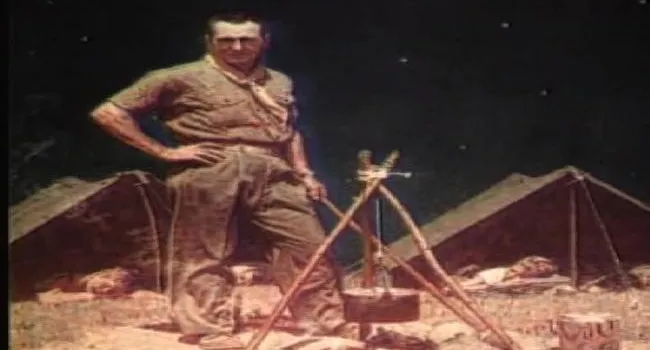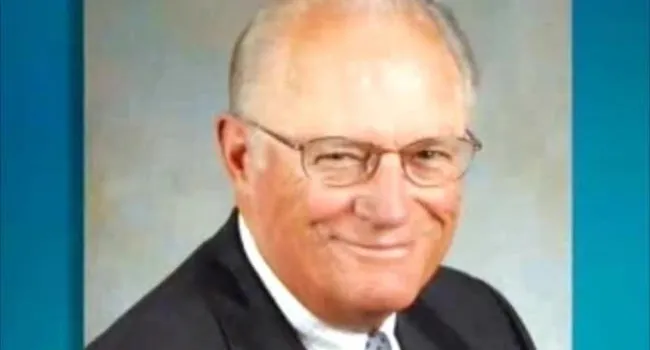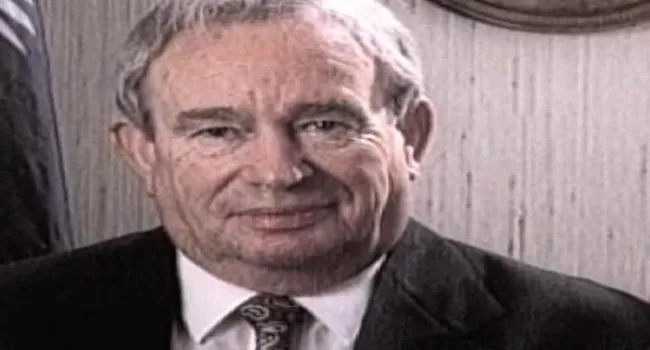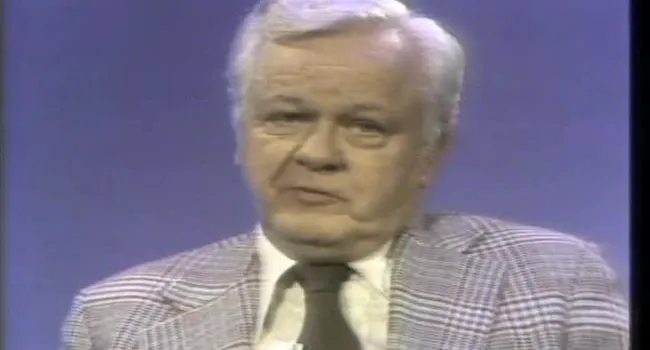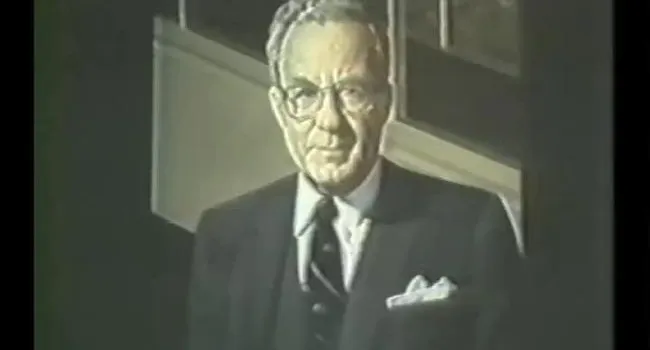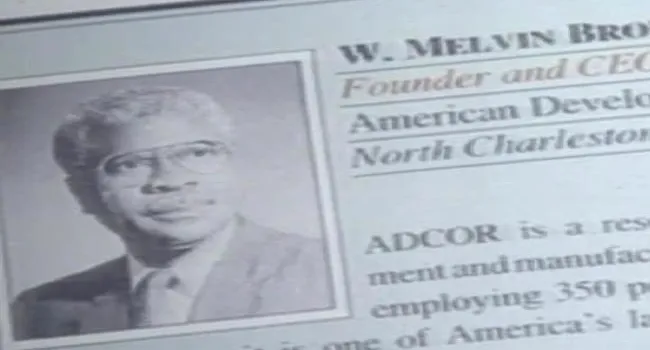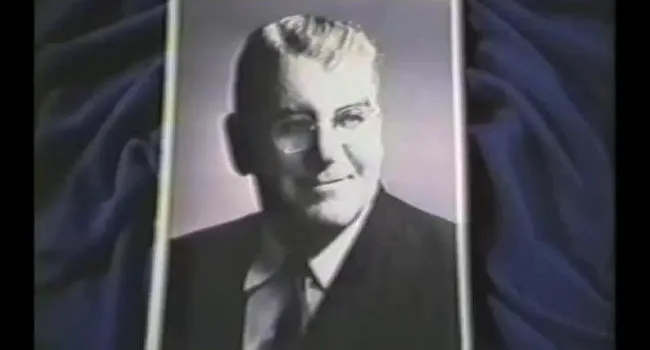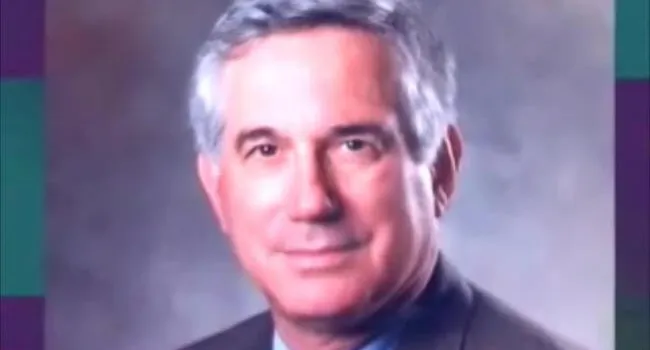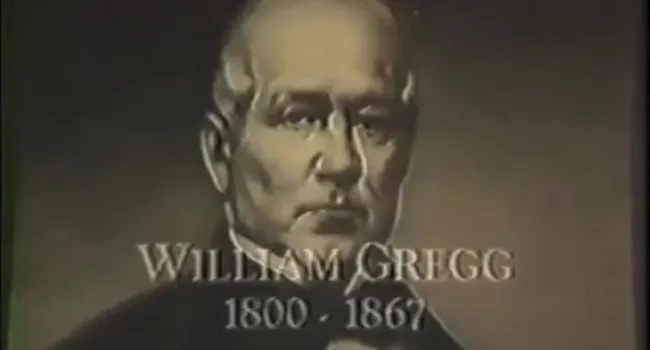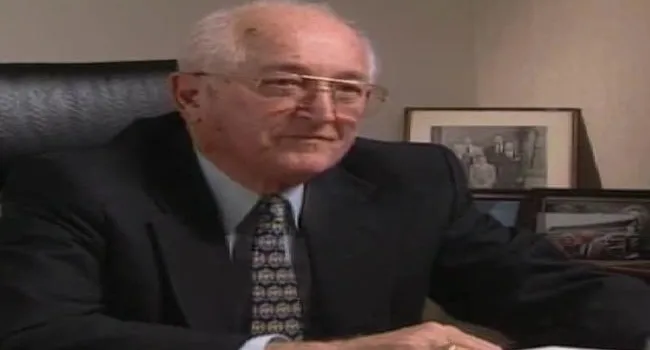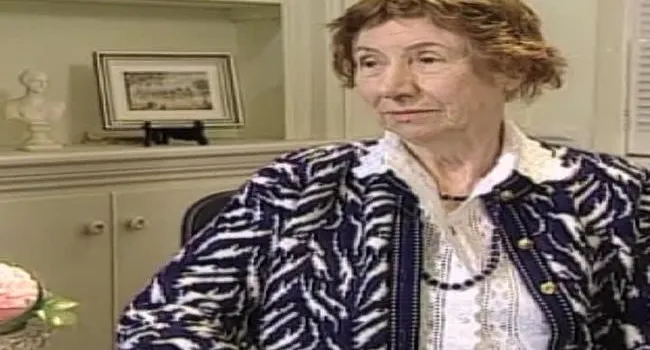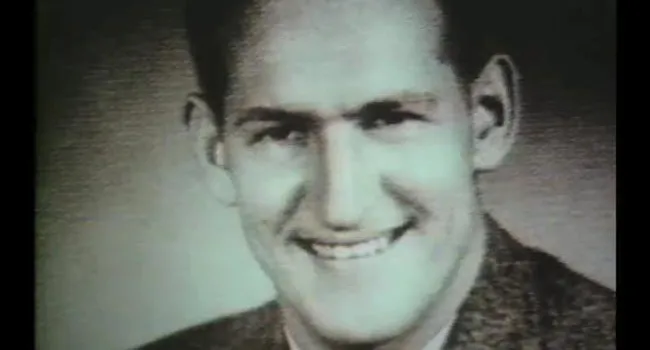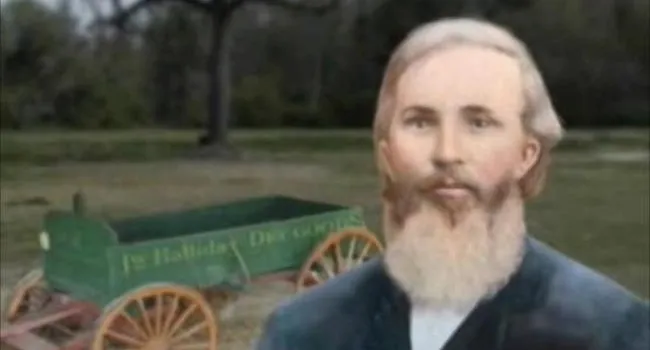James Lide Coker (1837–1918)
Farmer, father, soldier, businessman, merchant, banker, railroad man, industrialist—those are only a few of the titles describing James Lide Coker, who for nearly 60 years after his return from the War Between the States was more widely known as "the Major."
He was born January 3, 1837, in Society Hill, the son of Caleb and Hannah Lide Coker. He was educated at The Citadel, and prior to starting his career in agriculture, he attended Harvard for a year to study the scientific principles of farming.
He was engaged in farming in Hartsville when the Civil War began, and he answered the call with his infantry company. In October 1863, he was wounded at the battle of Chickamauga, and after a time as a prisoner of war, returned home to spend the rest of his life with a shattered hip.
The war injury did not dim the ambition of James Lide Coker. He entered into the plantation economy of that day with the stubborn conviction that the South's future hinged on the introduction of scientific principles to farming and on the development of industry.
By the end of 1864, the Major was getting around on crutches and making plans for planting a cotton crop the following spring. In March of 1865, Coker set out with a large box of food supplies for the Confederate forces in Richmond. On the return trip to Hartsville, he learned that Sherman's army was in the Pee Dee, so he carefully made his way back home. However, Sherman and his men had already destroyed the Coker farm. The stock had been driven away or butchered, wagons and carts had been hauled away, all cotton bales had been burned, and everything of value in their home had been taken away.
When the war ended in April 1865, the Coker family began rebuilding. Caleb Coker had fought for and kept the store in Society Hill. In Hartsville, although Sherman's army had left no work stock, Major Coker had cotton seed and seed corn, which he planted with the use of an old sore-back mule and a pair of oxen borrowed from an uncle. He planted 60 acres of cotton and 40 acres of corn, which yielded 25 bales of cotton and 300 bushels of corn. At the prevailing prices, 25 bales of cotton brought $1,700.
In the summer and fall of 1865, with his father as a partner, Coker converted the old plantation commissary into a store. He later wrote that it was his father's credit and good name that secured goods for the business.
Caleb Coker's death in 1869 brought about changes. The Major's son, William, took charge of the farming operation at Society Hill and joined his father's brother, Lewis, as a partner in the store there. At Hartsville, Major Coker farmed with success through careful, thorough management. His store, although still modest, was not disappointing.
In 1874, he joined George Norwood in a factorage and commission merchant business in Charleston. Norwood furnished $25,000 and the Major scraped together another $5,000 by mortgaging some land. In 1881, he left the partnership with Norwood. His share in cash, bonds, and notes came to a little less than $75,000, money he could invest in industrial development if he wished. That same year, he became the largest stockholder and first president of a bank in Darlington, the only bank in the area.
In 1883, Coker organized Darlington Manufacturing Company. As was the custom in establishing Southern cotton mills, there were a number of local subscribers in small amounts. The Major, however, was the majority stockholder and president.
In 1886, Major Coker decided to concentrate all his interests in Hartsville. His store was successful, and the railroad he had built promised to revolutionize business in the town.
In 1890, Major Coker and his eldest son, James, began a search for a way to turn Southern pine into pulp for papermaking, and by 1893, they had perfected a process. Shipping costs for the pulp made this business unprofitable, so Coker purchased his own papermaking equipment. That resulted in the formation of Carolina Fiber Company.
There were few nearby customers for paper, so in 1899, the Major organized the Southern Novelty Company, later renamed Sonoco Products Company, to use some of the paper to produce cone-shaped yarn carriers.
The cones, used by the textile industry for storing and transporting yarn, remain in wide use today, and Sonoco is still the world's leading supplier. Coker was the company's first president, and he remained in office until his death June 25, 1918.
Coker was the driving force in the establishment of Welsh Neck High School, which later became Coker College. His store became Coker's Department Store, an institution that served Hartsville and surrounding communities for more than 100 years.
Coker served his community as mayor of Hartsville and as a member of the state House of Representatives, where he introduced the state's first legislation seeking free public schools.
Of all that has been said and written about Major Coker, the words that best describe his philosophy came from his grandson, Charles W. Coker. "Major James L. Coker had some pretty definite ideas about a variety of things. His strongest principle, however, was an absolute inflexibility between what was right and what was wrong. He believed very strongly in the dignity of human beings, and this has been one of the basic philosophies of Sonoco's employee relations policy, customer relations policy, and our stockholder relations policy throughout the years."
Major Coker married Sue Armstrong Stout in 1860, and they were the parents of nine children, six of whom survived childhood: Margaret, James L., Jr., David R., William C., Jennie, Charles Westfield, and Susan.
He was inducted into the South Carolina Business Hall of Fame in 1986.
© 1999 South Carolina Business Hall of Fame


